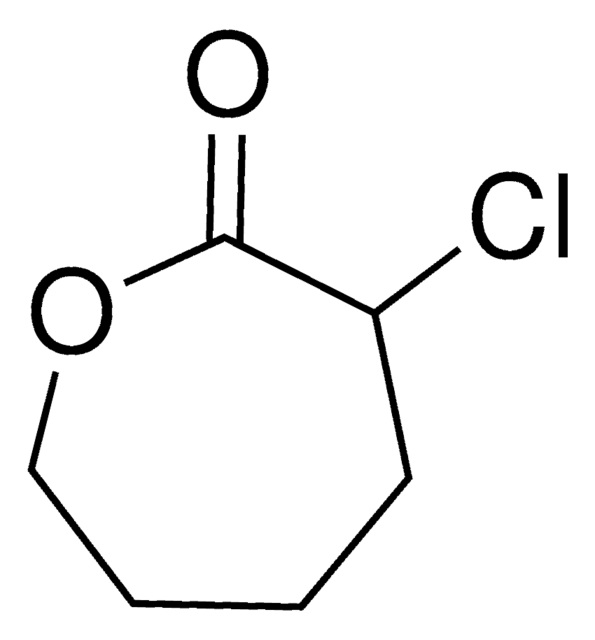SMB00971
4-Ethylphenol sodium sulfate
Sinónimos:
4-Ethylphenyl sulfate sodium salt
Iniciar sesiónpara Ver la Fijación de precios por contrato y de la organización
About This Item
Fórmula empírica (notación de Hill):
C8H9NaO4S
Peso molecular:
224.21
NACRES:
NA.77
Productos recomendados
General description
4-Ethylphenol sodium sulfate is the sodium salt of 4-Ethylphenyl sulfate (4EPS). 4-Ethylphenyl sulfate is a gut microbial metabolite derived from tyrosine, which is converted into 4-ethylphenol and subsequently sulfated in the liver. Upregulated urine 4EPS levels are found among rats prone to insulin resistance and obesity. Increased plasma 4EPS was reported in a murine model of autism, and mice treated with 4EPS displayed anxiety-like behaviours. Higher levels of 4-ethylphenylsulfate were also found in plasma, liver, heart and kidneys in a rat model of chronic kidney disease. 4EPS is a component of the urine of male rats, and both 4-ethylphenyl sulfate and 4-ethylphenol are thought to participate in pheromonal communication. p-Cresol-sulfate and 4-ethylphenyl sulfate are thought to derive from tyrosine and have similar bioactivities, however their enzymatic production may differ.
Application
Metabolomics research
Microbiome research
Microbiome research
Other Notes
For additional information on our range of Biochemicals, please complete this form.
Storage Class
11 - Combustible Solids
wgk_germany
WGK 3
flash_point_f
Not applicable
flash_point_c
Not applicable
Elija entre una de las versiones más recientes:
Certificados de análisis (COA)
Lot/Batch Number
¿No ve la versión correcta?
Si necesita una versión concreta, puede buscar un certificado específico por el número de lote.
¿Ya tiene este producto?
Encuentre la documentación para los productos que ha comprado recientemente en la Biblioteca de documentos.
Houkai Li et al.
Journal of proteome research, 6(4), 1364-1370 (2007-02-22)
In conventional pharmacological studies, intersubject differences within an animal strain are normally neglected, leading to variations in pharmacological outcomes in response to the same stimulus. Using two classical experimental models, the Streptozotocin (STZ)-induced diabetic model of Wistar rats and the
Lauren J Rajakovich et al.
Natural product reports, 36(4), 593-625 (2018-11-20)
Covering: up to the end of 2017 The human body is composed of an equal number of human and microbial cells. While the microbial community inhabiting the human gastrointestinal tract plays an essential role in host health, these organisms have
S Achiraman et al.
Journal of biosciences, 27(7), 679-686 (2003-02-07)
The present study was carried out to investigate the chemical nature of the urine of male mice and to assess its bioactivity. Urine of mature male mice was extracted with dichloromethane (1 : 1 ratio v/v) and analysed by gas-chromatography
Elaine Y Hsiao et al.
Cell, 155(7), 1451-1463 (2013-12-10)
Neurodevelopmental disorders, including autism spectrum disorder (ASD), are defined by core behavioral impairments; however, subsets of individuals display a spectrum of gastrointestinal (GI) abnormalities. We demonstrate GI barrier defects and microbiota alterations in the maternal immune activation (MIA) mouse model
Alexandra Lafaye et al.
Journal of mass spectrometry : JMS, 39(6), 655-664 (2004-07-06)
This paper reports a liquid chromatographic/electrospray ionization mass spectrometric (LC/ESI-MS) method for profiling a wide range of structurally different sulfoconjugated compounds in urine and its application to the characterization of biomarkers for heavy metal toxicity in rat urine. Sulfoconjugates were
Nuestro equipo de científicos tiene experiencia en todas las áreas de investigación: Ciencias de la vida, Ciencia de los materiales, Síntesis química, Cromatografía, Analítica y muchas otras.
Póngase en contacto con el Servicio técnico








